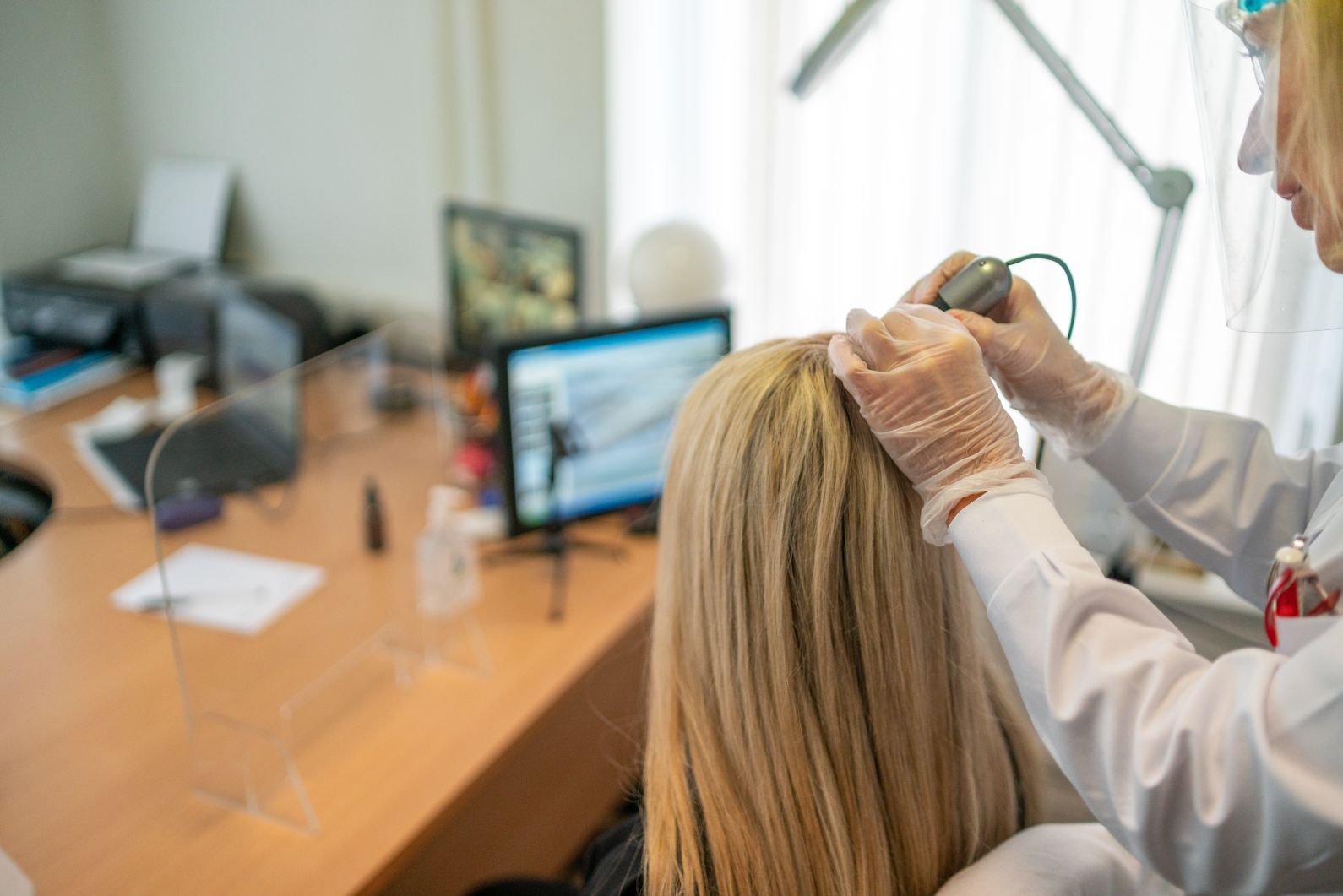Hair loss is not a problem confronted only by adults; it also afflicts children. Fact is, around 60% of adults with alopecia had their first bald patch in their childhood or teens. Moreover, reports note a rise in number of children suffering from hair loss.
Hair loss in children may be attributed to various reasons, from medical conditions to poor nutrition. Listed below are some of the causes of hair loss in children.
Tinea Capitis: Also referred to as ringworm of the scalp or tinea tonsurans, it is a fungal infection that affects scalp, eyebrows and even eyelashes, typically targeting the hair follicles and shafts. This infection is one of the most common causes of hair loss in children. If your child has tinea capitis, he or she may exhibit round and scaly patches of hair loss. The scalp may also appear to have black dots which are actually hairs broken at the surface. Tinea capitis is often treated using a combination of oral anti-fungal medication and anti-fungal shampoo.
Alopecia Areata: In this condition, hair suddenly starts falling off resulting in round, smooth patches on the head. The shedding of hair may happen overnight or over a few days. Alopecia areata, normally caused by stress, is believed to occur when the body’s immune system attacks the hair follicles. Currently, there is no existing cure for this condition. However, some dermatologists prescribe topical medications to promote hair growth. An unpredictable disease, alopecia areata (AA) may recur even with complete remission. According to studies, a few children with AA eventually lose all their hair on the scalp (alopecia totalis), while others completely lose the hair on their body (alopecia universalis).
Telogen Effluvium: Hair loss takes place because the normal hair growth cycle is interrupted. A large percentage of the hairs enter the telogen or resting phase (hair follicles become dormant) which eventually results in partial or complete baldness. Telogen effluvium may be brought about by certain medications, severe emotional stress, extremely high fever, excessive intake of vitamin A, severe injuries and surgery under general anaesthesia. Typically, hair regrowth happens once the stressor is gone. Usually, full hair growth takes about six to twelve months.
Nutritional deficiency: Poor nutrition may trigger hair loss in children. If your child has an unhealthy diet, his/her body may not get the nutrients that help facilitate hair growth such as protein, vitamins B and minerals like zinc. If this is the cause of the hair loss, you can address it by ensuring that your child has a healthy and balanced diet.
Thyroid diseases: Excess or insufficient levels of thyroid hormones, due to an overactive or underactive thyroid gland, may cause hair changes. Hypothyroidism, a condition wherein insufficient thyroid hormones are produced, leads to hair loss on the scalp as well as other body parts. Meanwhile, hyperthyroidism, wherein the gland produces too much hormones, results in thinning of hair. However, these effects are typically observed only in cases of severe and prolonged hypothyroidism or hyperthyroidism. Addressing the hair loss problem requires stabilising the hormone level. The treatment plan typically involves prescription of hormone replacement medication.
Hair Shaft Trauma: Hair loss in children may also be brought about by physical stress to the hair. Trauma to the shaft may be due to excessive friction such as when hair is rubbed on the pillow. It may also be because of chemical burns or traction, the consistent pulling of hair (like in tight ponytails). Another possible cause of trauma is trichotillomania, a condition wherein the child obsessively pulls or plucks out the hair. This results in the presence of patches of hair loss with broken hairs of different lengths. Stopping the cause of the trauma is the key to restoring the child’s hair.
If your child is suffering from excessive hair loss, it’s best to arm yourself with the right information to help him/her better cope with his condition. Also, seeking professional help right away for hair loss is imperative as early diagnosis and treatment yield better results.
We understand that hair loss can be very stressful for children as well as their parents. Let us help your child get the treatment he/she needs. Call us at +353 (0)1 6793618 and schedule a consultation.
—
Image Attribution: Photograph By Abbassyma at English Wikipedia (Transferred from en.wikipedia to Commons.) [Public domain], via Wikimedia Commons
Image Resource: https://commons.wikimedia.org/wiki/File%3AAllopecia_areata.JPG



